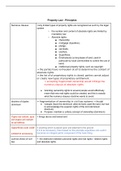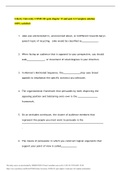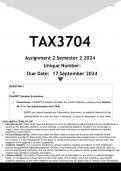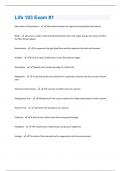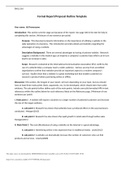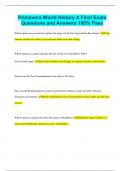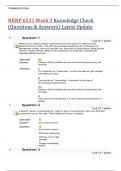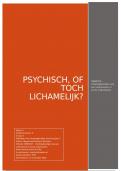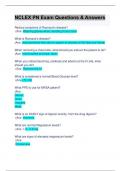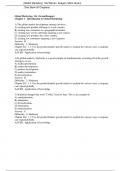Samenvatting
Property law Summary from 2022 (week 1-12) recommended for final Exam
- Vak
- Property Law
- Instelling
- Tilburg University (UVT)
The summary contains the weekly topics which are discussed throughout the course, especially lecture notes and reading notes and covers every potential question which may be asked in the exam. The document contains the following topics: Property Law Principles, 1) the concept of property law and pr...
[Meer zien]
